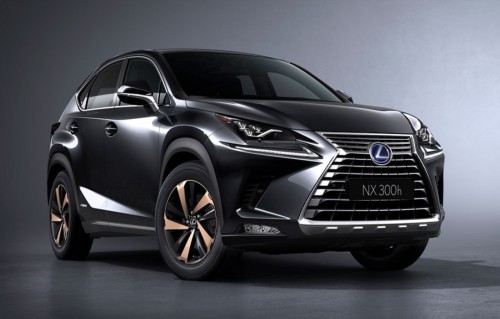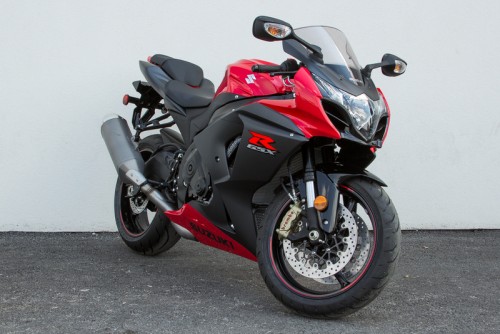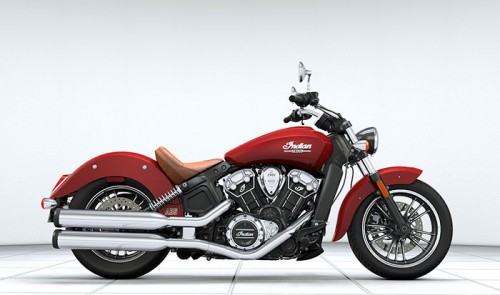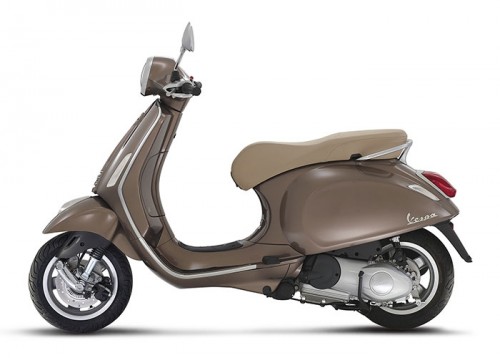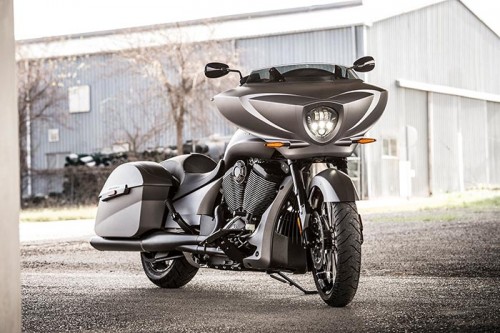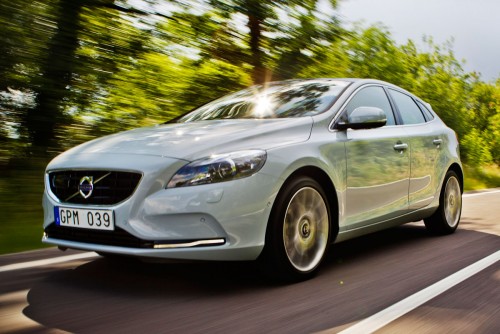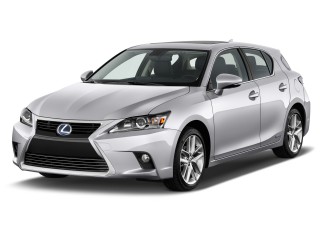About corvette
Sailing vessels
During the Age of Sail, corvettes were one of many types of smaller warships. They were very closely related to sloops-of-war. The role of the corvette consisted mostly of coastal patrol, fighting minor wars, supporting large fleets, or participating in show-the-flag missions. The English Navy began using small ships in the 1650s, but described them as sloops rather than corvettes. The first reference to a corvette was with the French Navy in the 1670s, which may be where the term originated. The French Navy's corvettes grew over the decades and by the 1780s they were ships of 20 guns or so, approximately equivalent to the British Navy's post ships. The British Navy did not adopt the term until the 1830s, long after the Napoleonic Wars, to describe a small sixth-rate vessel somewhat larger than a sloop.
Most corvettes and sloops of the 17th century were around 40 to 60 ft (12 to 18 m) in length and measured 40 to 70 tons burthen. They carried four to eight smaller guns on a single deck. Over time, vessels of increasing size and capability were called corvettes; by 1800, they reached lengths of over 100 ft (30 m) and measured from 400 to 600 tons burthen.
Steam ships
Ships during the steam era became much faster and more manoeuvrable than their sail ancestors. Corvettes during this era were typically used alongside gunboats during colonial missions. Battleships and other large vessels were unnecessary when fighting the indigenous people of the Far East and Africa.
World War II
The modern corvette appeared during World War II as an easily built patrol and convoy escort vessel. The British naval designer William Reed drew up a small ship based on the single-shaft Smiths Dock Company whale catcher Southern Pride, whose simple design and mercantile construction standards lent itself to rapid production in large numbers in small yards unused to naval work. First Lord of the Admiralty Winston Churchill, later Prime Minister, had a hand in reviving the name "corvette".
During the arms buildup leading to World War II, the term "corvette" was almost attached to the Tribal-class destroyer. The Tribals were so much larger than and sufficiently different from other British destroyers that some consideration was given to resurrecting the classification of "corvette" and applying it to them. This idea was dropped, and the term applied to small, mass-produced antisubmarine escorts such as the Flower class of World War II.
Modern corvettes
Modern navies began a trend in the late 20th and early 21st centuries towards smaller, more manoeuvrable surface capability. Corvettes have a displacement between 540 and 3,000 long tons (550 and 3,050 t) and measure 180–420 ft (55–128 m) in length. They are usually armed with medium- and small-caliber guns, surface-to-surface missiles, surface-to-air missiles, and antisubmarine weapons. Many can accommodate a small or medium antisubmarine warfare helicopter.
Most countries with coastlines can build corvette-sized ships, either as part of their commercial shipbuilding activities or in purpose-built yards, but the sensors, weapons, and other systems required for a surface combatant are more specialized and are around 60% of the total cost. These components are purchased on the international market.
Current corvette classes
Many countries today operate corvettes; some include Argentina,Bangladesh, Brazil, Bulgaria, China, Denmark, Germany, Egypt, India, Indonesia, Iran, Israel, Italy, Pakistan, the Philippines, Poland, Portugal, Romania, Russia, South Korea, Sweden, and Turkey. Countries that border smaller seas, such as the Baltic Sea or the Persian Gulf, are more likely to build the smaller and more manoeuvrable corvettes, with Russia operating the most corvettes in the world.
The first operational warship based on stealth technology was the Royal Norwegian Navy's Skjold class. The Swedish Navy introduced the similarly stealthy Visby class.
The United States is developing littoral combat ships, which are essentially large corvettes, their spacious hulls permitting space for mission modules, allowing them to undertake tasks formerly assigned to specialist classes such as minesweepers or the antisubmarine Oliver Hazard Perry-class frigate.
The Israeli navy operates three Saar 5-class corvettes. Built in the U.S to an Israeli design, they carry 1 Helicopter and are well-armed with offensive and defensive weapons systems, including the Barak 1 SAM, and advanced electronic sensors and countermeasures. They weigh over 1200 tons at full load.
The Indian Navy plans to operate four Kamorta-class corvettes being built by Garden Reach Shipbuilders and Engineers. The first corvette of this class, INS Kamorta, is to be commissioned at the end of 2013. The remaining three will be commissioned by 2017.[citation needed]
The new German navy Braunschweig class is designed to supplement Germany's fast attack craft and also incorporates stealth technology and land attack capabilities.




 Home
Home









